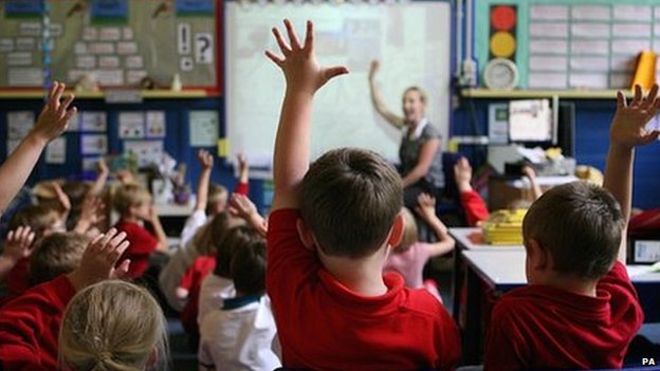
Competition has been a big part of my life. Playing youth sports, coaching high level high school basketball and even in my social life I find myself competing with friends in games. Not surprisingly I have integrated classroom competitions into my lessons. I use a PowerPoint jeopardy game to review the math concepts that we have covered in the past weeks. In reading this paper on competition, I often reflected on my jeopardy game. I do place the students into teams and we do keep score. However I give rewards based on participation and displaying appropriate behavior during the game.
The concept of mastery vs performance learning was also very interesting to me. I know from personal experience that when I participate in a game based on knowledge I often find myself trying to form a strategy to win and "beat the game" rather than accessing the knowledge and learning from the game. I see this tendency in my class at times when the parameters of the game are not carefully constructed.
The data seems to suggest that cooperative conditions actually produce learners that perform at higher levels. This is a very important finding. However, a middle school life skills class is generally an uncooperative environment. Students require the skills and the ethic to cooperate before they can cooperatively learn. Competitive learning environments may draw in students to a subject area initially because they want to "play the game." In this sense I see competition in class as a positive tool at times.
Finally, I also can see where the cooperation and competition can unite. In my classroom jeopardy game, at its best, students work together to generate answers and share knowledge. At the same time they are competing to get the correct answer and earn a prize. I like seeing this balance in my students and I think it allows students with different motivations to work together.
No comments:
Post a Comment